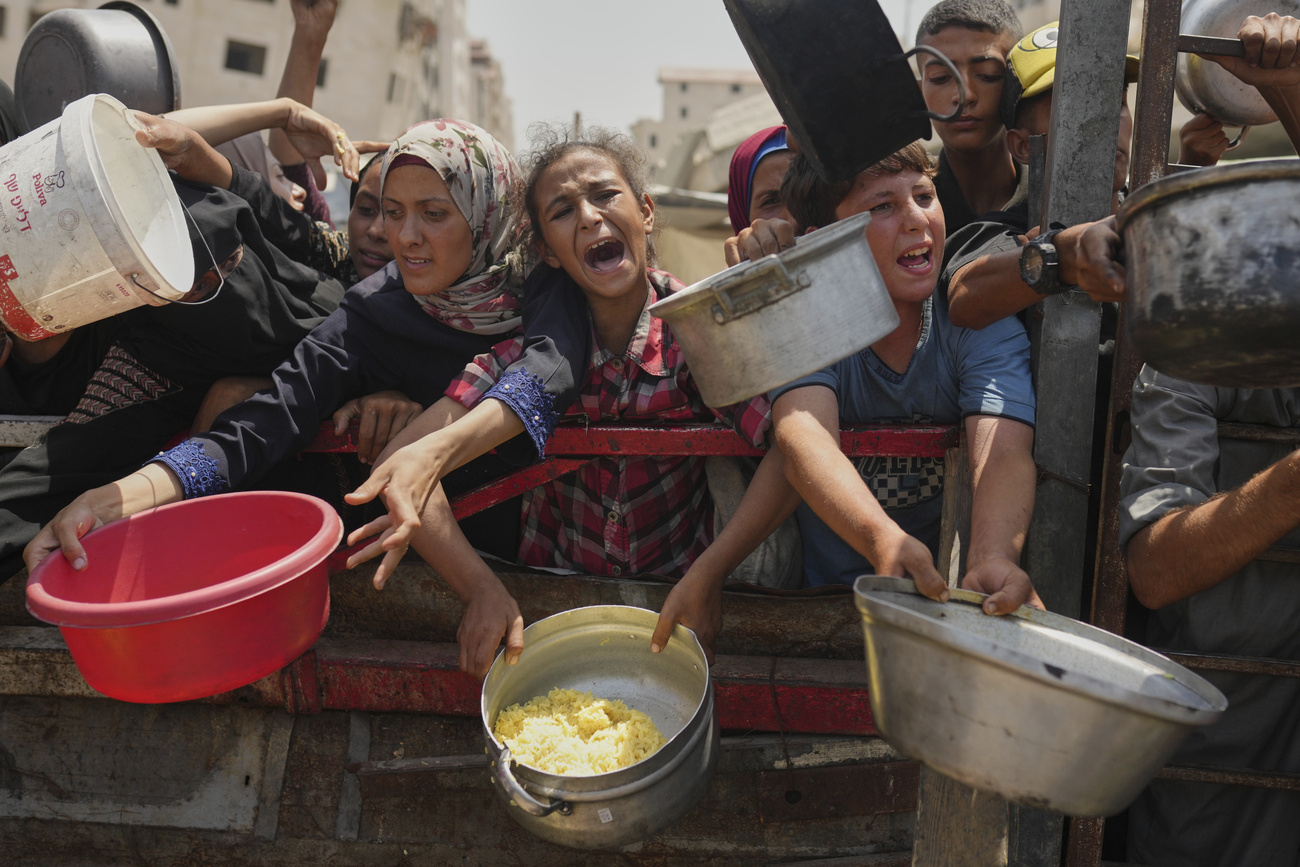
Tourist industry reopens for business

The Swiss tourist industry says it is open for business even though some holiday resorts and scenic routes are still affected by last week's flooding.
Hardest hit were mountain resorts and rail and road connections in the Bernese Alps and central Switzerland.
“Swiss resorts need tourists [to salvage] their late summer and autumn seasons,” Oliver Kerstholt of the national tourist board, Switzerland Tourism, told swissinfo.
“[They should] come to Switzerland because many areas have not been affected at all and places that were affected, with few exceptions, are ready to welcome tourists again,” he added.
Kerstholt could not yet say how badly the flooding has affected the industry, but said his office had reports of cancellations, mainly from Europeans who had planned on holidaying in Switzerland.
On Monday, swissinfo found some restrictions still affecting resorts in the Bernese Alps, parts of central Switzerland including Lucerne, and in the Lower Engadine valley in the southeastern part of the country.
Interlaken and Grindelwald
Trains are once again running normally from Bern to Interlaken, but rail services from the popular resort to tourist villages in the surrounding valleys have been suspended until further notice.
A reduced bus service has replaced the train connecting Interlaken with Lauterbrunnen and Grindelwald where flooding and mudslides destroyed sections of the main road and railway tracks.
The Interlaken authorities say people travelling to Grindelwald should expect long waiting times.
However, tourist infrastructure in Grindelwald and the nearby villages of Wengen and Mürren is intact, and mountain railway and cable car journeys from the resorts are running normally.
An hourly bus service has also replaced the train which connects Interlaken with Lucerne via Brienz, Meiringen and the Brünig Pass.
The speed limit on the motorway between Interlaken and Brienz has been reduced while road crews carry out repairs, and the road on the right shore of Lake Brienz is only open as far as Ebligen.
In the capital Bern, inhabitants of the Matte neighbourhood in the city’s old town have been allowed to go home after being evacuated last week and have begun cleaning up. The River Aare has dropped below critical levels.
Boat service
The disrupted passenger boat services on both lakes Thun and Brienz are due to resume on Tuesday.
All the tourist attractions in and around Brienz and Meiringen are open, including the open-air Ballenberg museum and the Aare and Rosenlaui gorges. The only transport service not running is the railway up to the Reichenbach Falls of Sherlock Holmes fame.
Gstaad was unaffected by the flooding, but tourists booked on the Golden Pass train for the scenic journey which passes the resort on its way from Montreux to Interlaken have to change onto a bus for the section between Zweisimmen and Wimmis.
The BLS railway company says it will be at least two months before it has repaired this stretch of track.
The roads over the Grimsel and Susten passes are still closed.
Lucerne and central Switzerland
Most shops, hotels and tourist sites in the city of Lucerne resumed operations at the weekend. The authorities were expected to reopen the city’s most popular attraction, the Chapel Bridge, early this week, as well as the Swiss Transport Museum.
The road and railway to the mountain resort of Engelberg, south of Lucerne, will remain closed until further notice. An airlift, which went into operation a week ago, is reserved exclusively for transporting supplies to Engelberg and for logistical support.
Visitors to Lucerne wishing to take what is billed as the world’s steepest cog railway to the top of Mount Pilatus have to rely on the replacement bus operating on the Brünig line (see above).
The mountain railway and cable car servicing the revolving restaurant on the summit of the Stanserhorn, also located above the shores of Lake Lucerne, will not be put back into service until September 4 at the earliest.
Klosters and Scuol were the worst affected resorts in the southeastern canton of Graubünden. But with one exception in Klosters, all hotels in the region are open again.
Buses have replaced the railway service on much of the line through the Lower Engadine valley as far as Scuol.
There are no longer restrictions on the routes leading to the southern canton of Ticino, and most parts of western Switzerland (cantons Neuchâtel, Jura, Fribourg, Vaud, Geneva, Valais) were spared by the flooding.
swissinfo, Dale Bechtel
Severe flooding across large parts of the country was caused by heavy rains over four consecutive days (August 19-22).
Canton Bern and large parts of central Switzerland were worst hit.
Swiss Solidarity, the fundraising arm of the Swiss Broadcasting Corporation – swissinfo’s parent company – is holding a fundraising day on Wednesday for those affected by flooding.
Donations can also be made through the post office account 10-15000-6.

In compliance with the JTI standards
More: SWI swissinfo.ch certified by the Journalism Trust Initiative











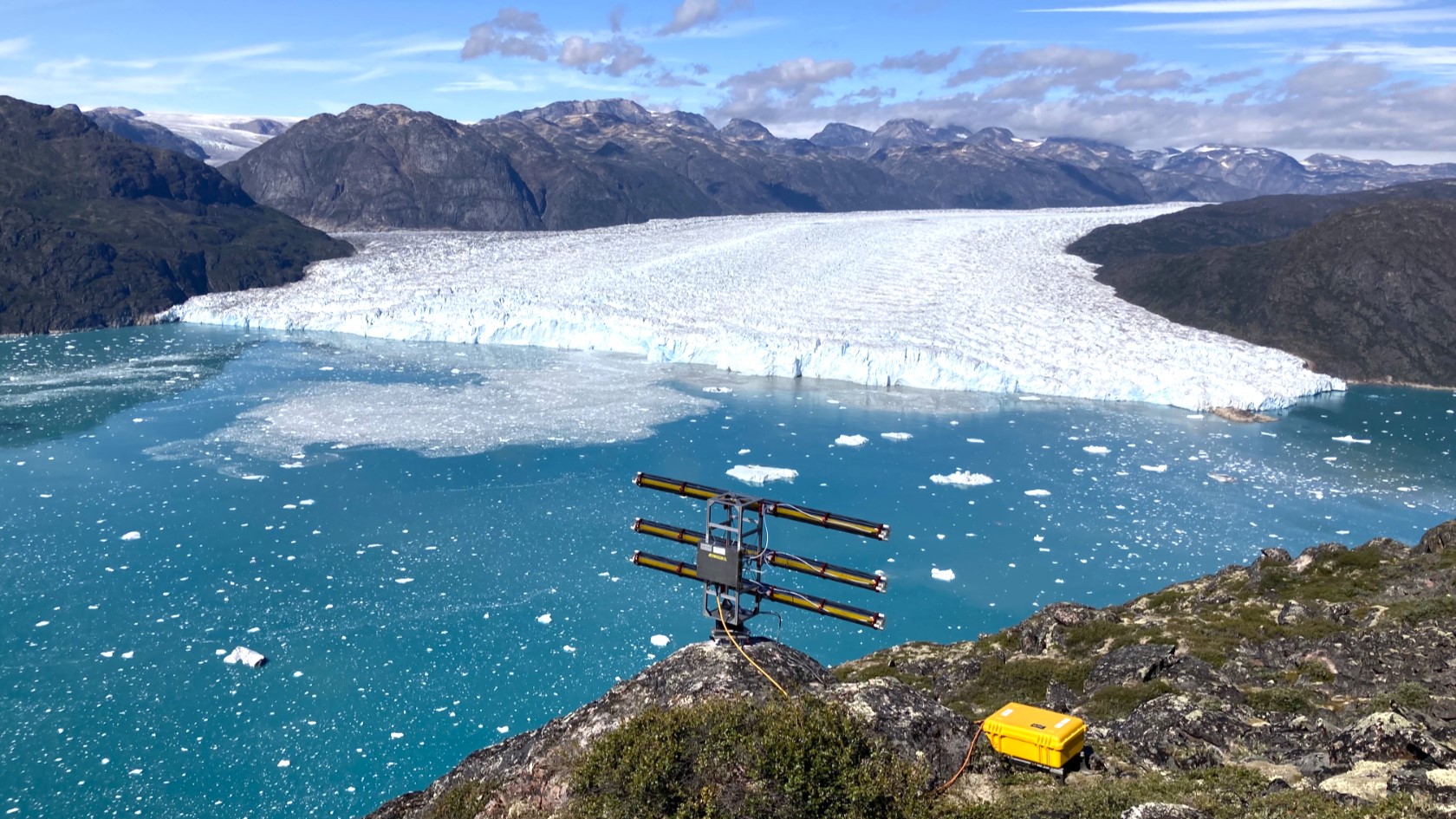


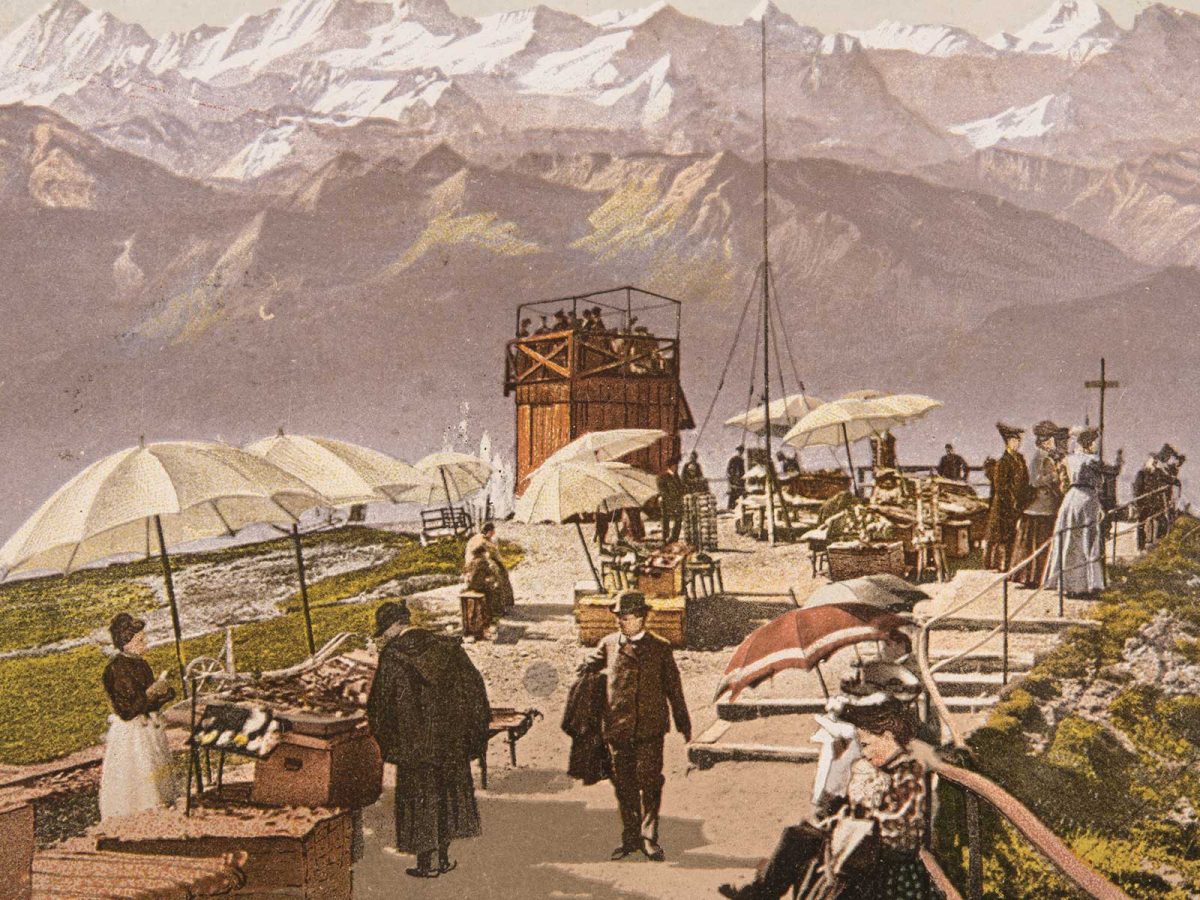












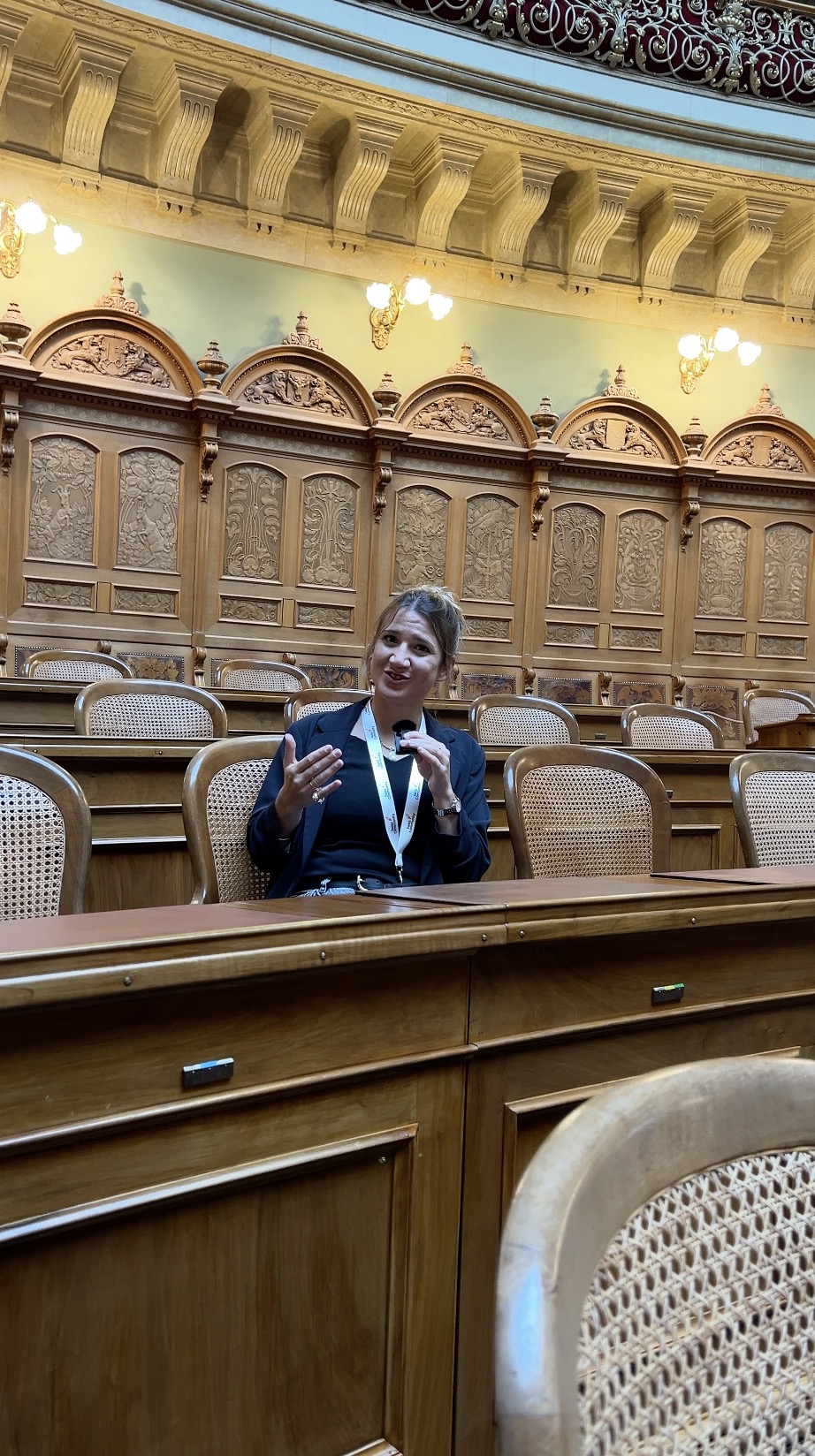



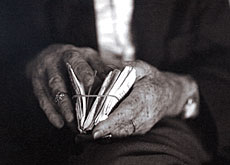






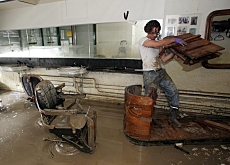
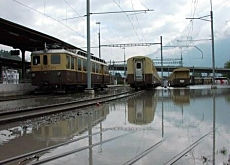
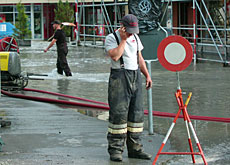
You can find an overview of ongoing debates with our journalists here . Please join us!
If you want to start a conversation about a topic raised in this article or want to report factual errors, email us at english@swissinfo.ch.